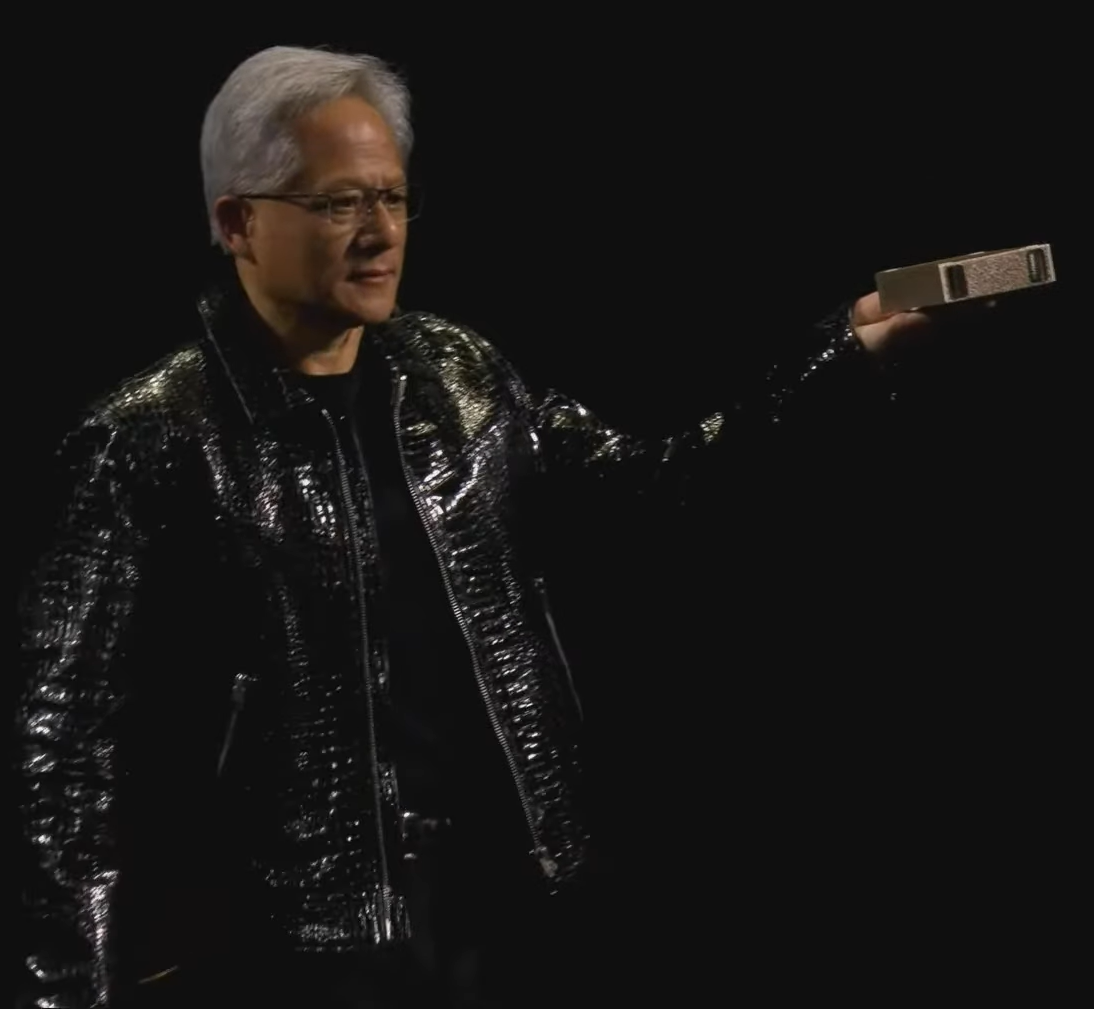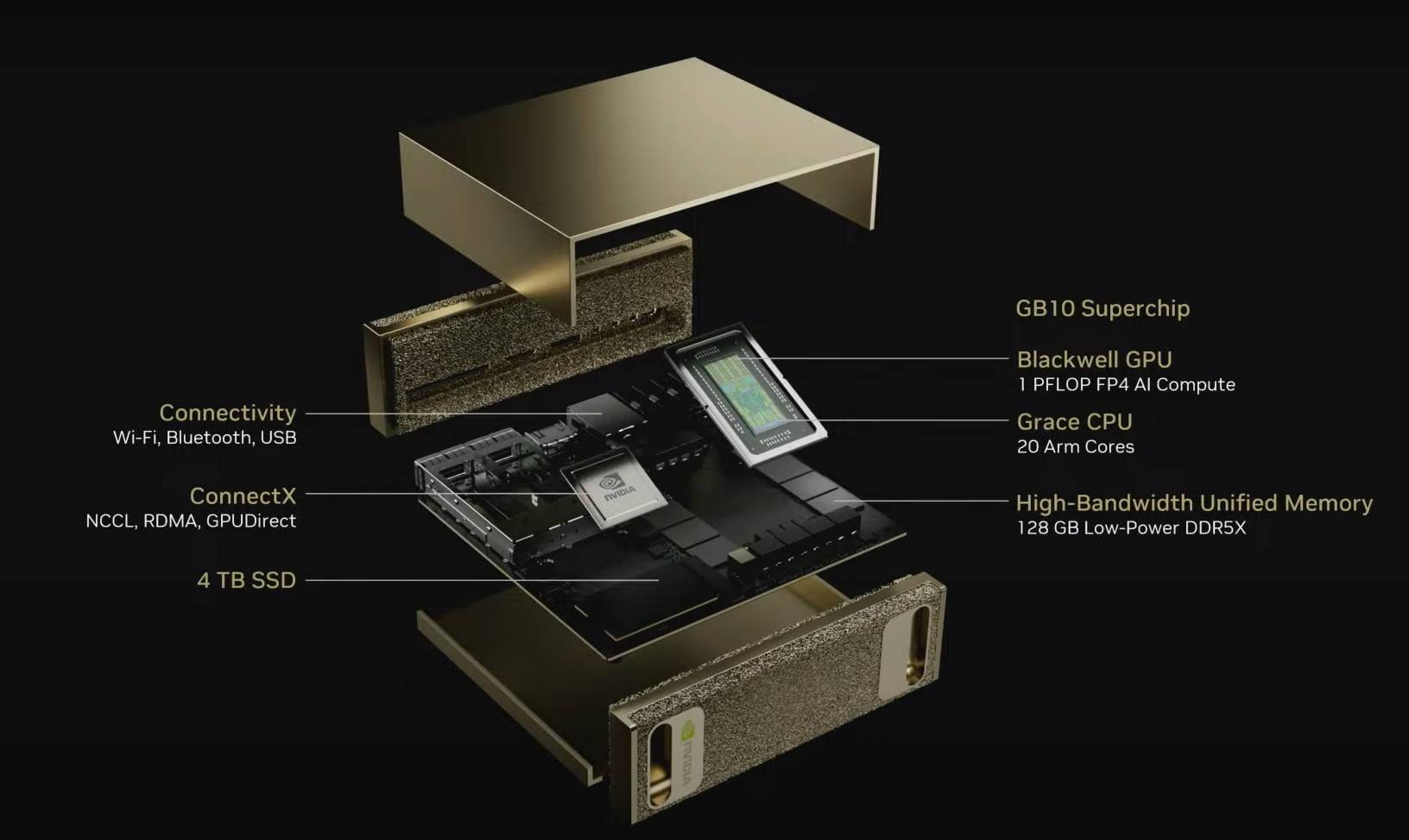
Nvidia is launching a desktop AI supercomputer called Project Digits aimed at AI researchers, data scientists and students. Systems, available in May, will start at $3,000 and include a Nvidia Grace Blackwell Superchip that is capable of running 200B parameter models.
The use case for Digits is to offload compute for AI development from cloud resources as needed. Project Digits will be available from Nvidia and partners with DGX and a Linux operating system. Nvidia is designed for AI development and a complement to laptops for now.
According to Nvidia, the idea is that users can develop and run inference on models on the desktop and then deploy to the cloud or data center. Project Digits has a small form factor that's about as wide as a coffee mug including the end of the handle.
- Nvidia moves to advance agentic AI use cases at CES 2025
- Nvidia launches Cosmos models, aims to expand physical AI, industrial reach
- AI PCs may decentralize inferencing workloads
Jensen Huang, CEO of Nvidia, said Digits will democratize access to Grace Blackwell Superchips. "Placing an AI supercomputer on the desks of every data scientist, AI researcher and student empowers them to engage and shape the age of AI," said Huang.
He quipped that Project Digits is a placeholder name and if anyone has a better name to reach out to Nvidia.

Specs for Nvidia Digits include:
- Nvidia GB10 Grace Blackwell Superchip, which includes a Nvidia Blackwell GPU, latest generation CUDA cores and fifth-gen Tensor Cores connected via NVLink chip to chip interconnect to a Nvidia Grace CPU.
- 1 petaflop of AI performance.
- 128GB unified system memory.
- Up to 4TB NVMe storage.
- Nvidia's AI software stack including Nvidia Blueprints and NIM microservices.
- Compact form factor.
- Use cases for digits include prototyping, fine tuning, inference, data science and edge applications including robotics.
Using Nvidia ConnectX, the company said two Project Digits systems can be networked to run up to 405-billion parameter models. If Project Digits is successful, generative AI compute could become more distributed and lower costs.
Constellation Research analyst Holger Mueller said:
"Nvidia is chasing revenue on both ends – the high end and the low end. That is not a unique strategy in the semiconductor space – but it is more stretched out over 5-10 years. Nvidia is trying to do this in under one year that Blackwell. Project Digits marks the second time Nvidia departs from semiconductor industry best practice. The other time was when revving platforms every year – instead of the two year cycle. Digits poses lots of challenges, but if Nvidia overcomes them it has repercussions across the whole AI stack. Bigger has been better for AI and the question has always been this: Is it cost effective and can it be run on remote locations? Digits ends that discussion. It is Blackwell everywhere (and with that the soon to be announced Blackwell successor) as well."
Nvidia executives said that Project Digits doesn't mean it's going into the PC market, but it could be a safe bet in the future.


